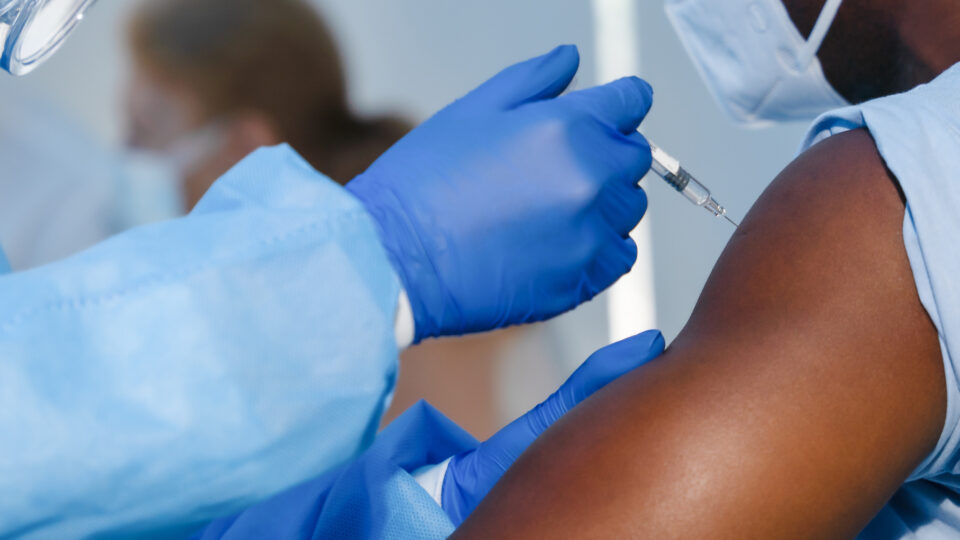The COVID-19 pandemic has highlighted the crucial role of vaccines in safeguarding public health. The COVID vaccination, a vital tool in combating the pandemic, offers numerous benefits for individuals and communities. This article explores the key advantages of getting vaccinated against COVID-19 and emphasizes how it contributes to broader public health goals.
Individual Protection from Severe Illness
Reduced Risk of Severe Disease
One of the primary benefits of COVID vaccination is the significant reduction in the risk of severe illness. Vaccines have been shown to be highly effective in preventing severe outcomes associated with COVID-19, including hospitalization and death. By stimulating the immune system, the Covid vaccination prepares your body to combat the virus more effectively, reducing the likelihood of serious health complications.
Protection Against Variants
COVID vaccines have been adapted to address various strains of the virus. While no vaccine provides 100% protection, they are effective in reducing the severity of illness caused by new variants. Getting vaccinated helps protect you from the potential impacts of emerging strains and supports ongoing efforts to control the spread of the virus.
Community Immunity and Reduced Transmission
Contribution to Herd Immunity
COVID vaccination plays a crucial role in achieving herd immunity, which occurs when a significant portion of the population becomes immune to a virus. This collective immunity reduces the overall spread of the virus, protecting those who cannot be vaccinated or are at higher risk of severe illness. By getting vaccinated, you contribute to the broader goal of community health and help prevent outbreaks.
Lowered Transmission Rates
Vaccinated individuals are less likely to transmit COVID-19 to others. Although breakthrough infections can occur, the likelihood of spreading the virus is significantly reduced in vaccinated individuals. This lower transmission rate helps decrease the overall incidence of the virus in the community and reduces the burden on healthcare systems.
Enhanced Safety for Vulnerable Populations
Protection for High-Risk Groups
Certain groups, such as the elderly and individuals with underlying health conditions, are at higher risk of severe COVID-19. Vaccinating the general population helps protect these vulnerable individuals by reducing the overall prevalence of the virus. When more people are vaccinated, it creates a safer environment for those who are more susceptible to severe illness.
Preventing Healthcare System Overload
COVID-19 can strain healthcare systems, particularly during surges in cases. By reducing the number of severe cases through vaccination, the pressure on healthcare facilities is alleviated. This ensures that medical resources, including hospital beds and critical care services, remain available for all patients, including those with other health conditions.
Economic and Social Benefits
Reducing Economic Impact
The pandemic has had substantial economic repercussions, including disruptions to businesses and loss of income. COVID vaccination helps mitigate these effects by reducing the incidence of severe illness and the need for extended healthcare services. With fewer people requiring hospitalization, the economic burden on both individuals and the healthcare system is lessened, supporting economic recovery.
Restoring Social Activities
Vaccination is key to resuming normal social activities and gatherings. By achieving higher vaccination rates, communities can gradually return to pre-pandemic routines, including in-person events, travel, and other social interactions. This restoration of normalcy contributes to overall well-being and quality of life.
Safety and Efficacy of Covid Vaccines
Thorough Testing and Approval
COVID vaccines have undergone rigorous testing in clinical trials to ensure their safety and efficacy. Regulatory agencies worldwide, including the World Health Organization (WHO) and national health authorities, have reviewed the data and approved vaccines based on their proven benefits. This thorough evaluation process provides confidence in the safety and effectiveness of the COVID vaccination.
Ongoing Monitoring and Adaptation
Even after approval, vaccines continue to be monitored for safety and effectiveness. Surveillance systems track vaccine performance and identify any potential issues. Additionally, vaccine formulations may be updated to address new variants of the virus. This ongoing adaptation ensures that the COVID vaccination remains a reliable tool in managing the pandemic.
Conclusion
The COVID vaccination offers a range of benefits, from personal protection against severe illness to contributing to community immunity and reducing the transmission of the virus. By getting vaccinated, individuals not only protect themselves but also play a crucial role in safeguarding their families, friends, and communities. The COVID vaccine is a vital component in the collective effort to overcome the pandemic and return to a sense of normalcy.

